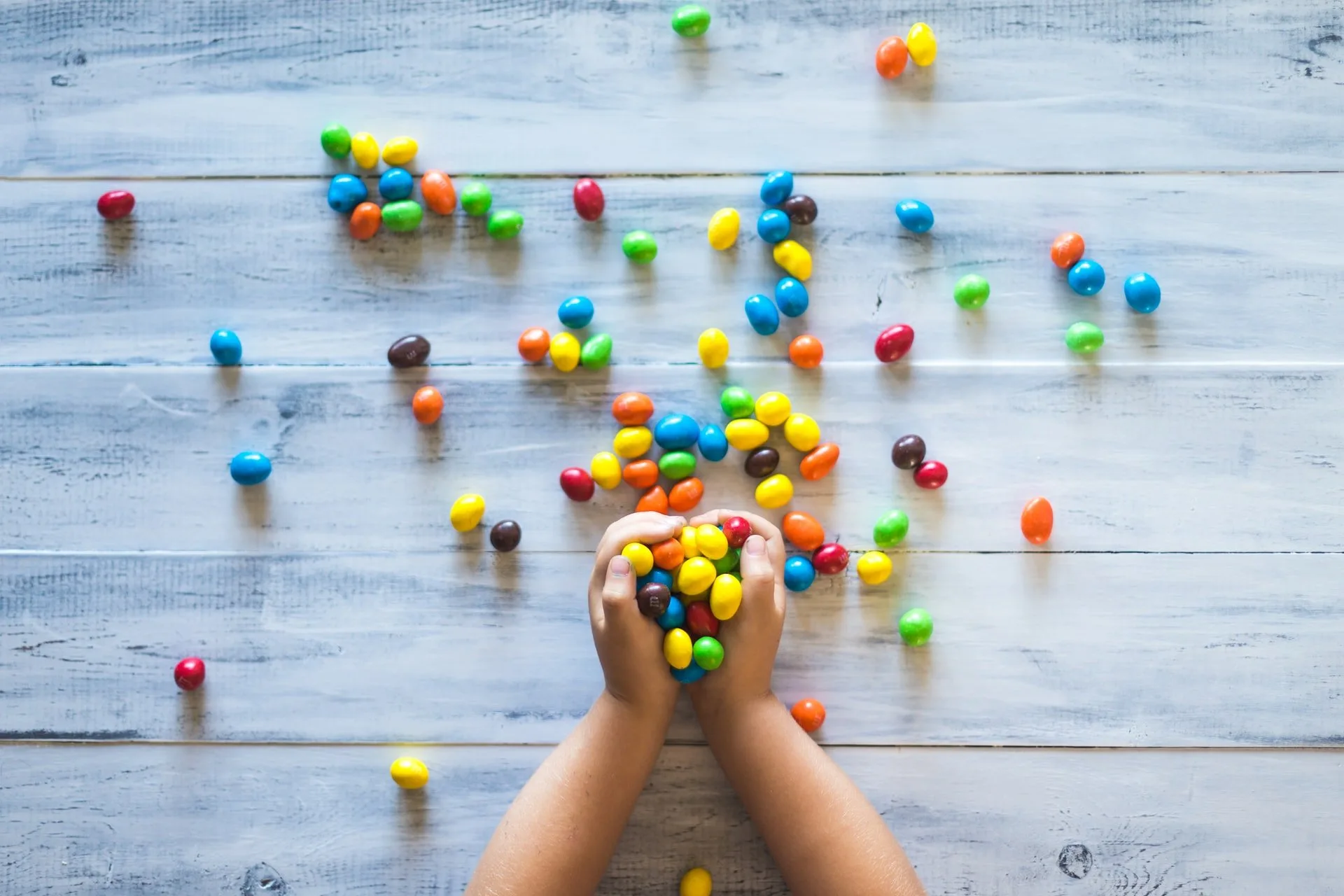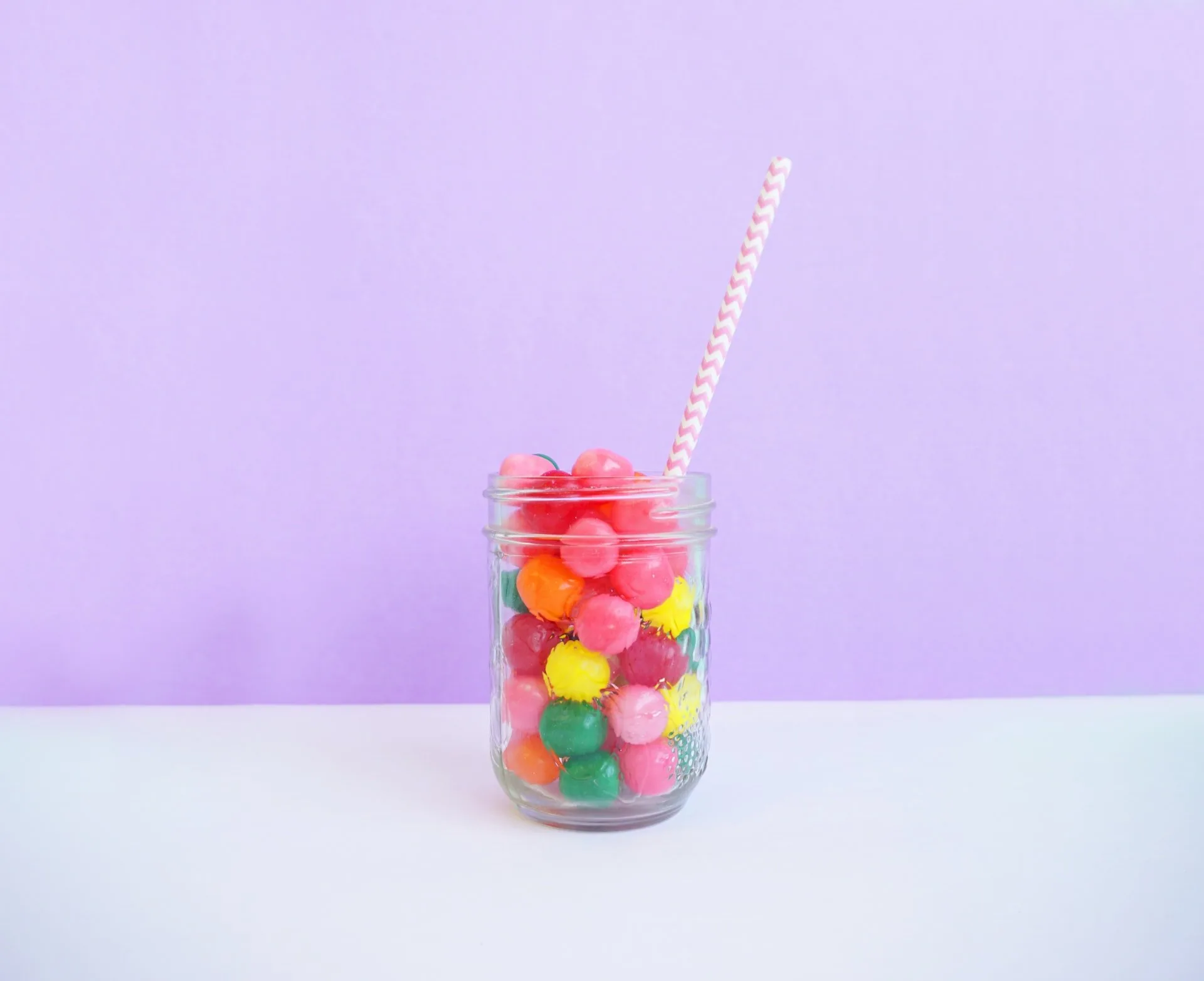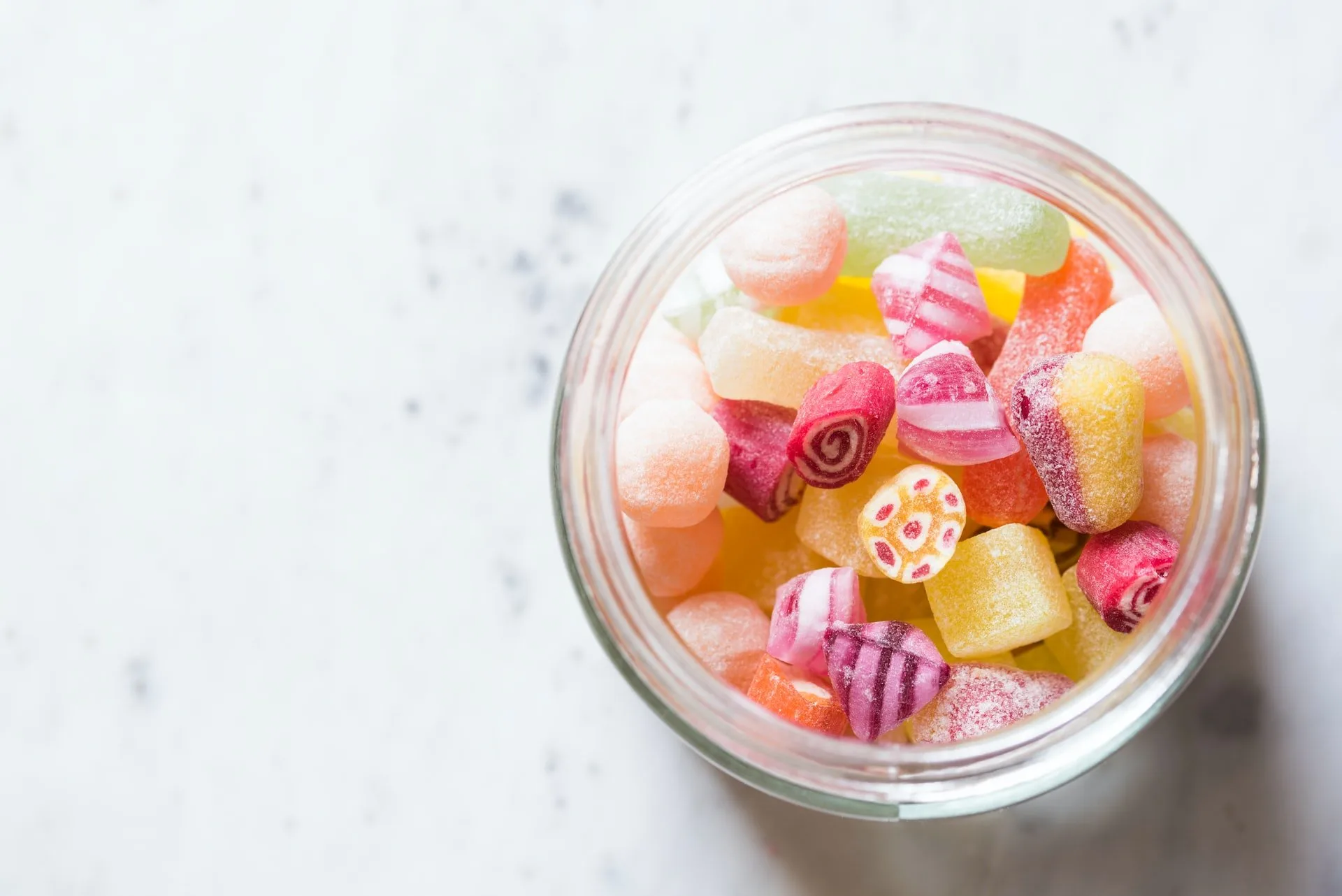This may surprise you, but the body doesn’t just use sugar to boost your mood and quench your sweet tooth. In fact, there’s a form of sugar, glucose, that’s essential for the basic functioning of the human body. Essentially, glucose is the basic fuel the body’s cells use for energy and this is one of the areas to which cancer and sugar are connected as cancer is a disease that disrupts cells in the human body.
The link between sugar and cancer
As we know cancer cells multiply quickly, and this requires a lot of energy which means that they need a lot of glucose. So, if cancer cells need a lot of glucose to multiple, wouldn’t cutting out sugar from your diet help to prevent the cancer from spreading, and even reduce your risk entirely?
Does sugar feed cancer cells?

Photo by Anna Tarazevich from Pexels
Not exactly, and there has been conflicting evidence about the role that sugar can play in the growth and development of cancer cells. For instance, an editorial penned by Dr. Undurti N. Das suggested that fructose and sucrose, both two types of sugar, could raise the activity of cancer-promoting proteins.
Additionally, a separate study found a strong association between an increased risk of endometrial cancer in women and their high consumption of sucrose. That said, in relation to other types of cancer, the data was less clear.
Furthermore, a study published in BMJ found that people who drank more sugary drinks had a slightly increased risk of cancer, regardless of body weight.
So, should you cut out sugar from your diet if you want to reduce your cancer risk? Not exactly.
Yes, cancer cells would need sugar to multiply, but you should remember that sugar feeds every cell in our body — not just the cancer cells. Besides, there hasn’t been any research proving that a low-sugar diet can help to reduce your risk for cancer. This is probably because the body actually needs sugar to function properly.
For instance, as we know, glucose is that critical for our cells to survive and function properly, and it comes from carbohydrates which are found in a number of foods.
Following a restricted diet may prevent your body from accumulating enough glucose to function properly and this can place your health at risk, especially when you realize that restricting carbohydrates also means potentially restricting foods that are good sources of other nutrients that the body would appreciate.
If we really examine the research, we’ll note that sugar doesn’t necessarily lead to cancer, but it can lead to other disorders that may raise the risk for it.
Diabetes and cancer
As we know, excess sugar can increase your risk for diabetes and research has indicated that people with diabetes have as much as a 2.5-fold increased risk for certain cancers (1).
Obesity and Cancer
Excess sugar accumulates in your waistline and not only does this increase your risk for both heart disease and diabetes, but obesity can also increase your risk for cancer.

Image by (Joenomias) Menno de Jong from Pixabay
So if sugar doesn’t cause cancer, why worry?
Over-consumption of sugar has been linked to a number of chronic diseases and conditions that include heart disease, stroke, Alzheimer’s, depression, and anxiety.
How can I cut down on sugar?
Eat the right amount of sugar
The World Health Organization recommends a maximum of 5 to 10 teaspoons of sugar a day (3).

Photo by Frame Harirak on Unsplash
Avoid sugary drinks
In a previously mentioned study published in the BMJ, researchers found that every extra 100ml squash, fizzy drinks, or 100 percent fruit juice a day were associated with an 18 percent higher chance of being diagnosed with any kind of cancer.
Look out for hidden sugar
Reading food labels is one of the best ways to cut back on your sugar intake, especially because so many foods contain hidden sugar. Unfortunately, some sugary foods don’t list ‘sugar’ in their ingredients list. Rather, they disguise it under a different name.
The most commonly used names for sugar include;
- fructose
- lactose
- sucrose
- maltose
- glucose
- dextrose

Photo by Patrick Fore on Unsplash
Try natural sugars
Honey and maple syrup are natural sugars that won’t only help to appease your sweet tooth, but they are also packed with antioxidants that can serve to reduce your risk for chronic diseases, one of which is cancer.
That said, as healthy as these sugars are, they’re still rich in calories, so it’s important to stick to the daily recommended serving.

Photo by Art Rachen on Unsplash
Avoid artificial sweeteners
Unfortunately, not all sugar alternatives are good for your health. Read more about the dangers of artificial sweeteners here.
Rein in your sweet tooth

Photo by Sarah Takforyan on Unsplash
You don’t have to swear off the sweet stuff, especially if you have a sweet tooth. You just need to enjoy it in moderation and try to get your sugar fix from naturally sweet fruits like dates and fresh figs, as opposed to processed treats.
Bottom line
The link between sugar and cancer isn’t cut and clear as we all want to reduce our risk for cancer, but it’s important that we continue to provide our bodies with the necessary nutrients. With that said, we should all do our part to make healthy choices, so that we can reduce our risk for cancer, all while monitoring our intake of added sugars.
References
Chazelas, E., Srour, B., Desmetz, E., Kesse-Guyot, E., et al. (2019). Sugary drink consumption and risk of cancer: results from NutriNet-Santé prospective cohort. BMJ (Clinical research ed.), 366, l2408. https://doi.org/10.1136/bmj.l2408
Das U. N. (2015). Sucrose, fructose, glucose, and their link to metabolic syndrome and cancer. Nutrition (Burbank, Los Angeles County, Calif.), 31(1), 249–257. https://doi.org/10.1016/j.nut.2014.05.015
Friberg, E., Wallin, A., & Wolk, A. (2011). Sucrose, high-sugar foods, and risk of endometrial cancer–a population-based cohort study. Cancer epidemiology, biomarkers & prevention : a publication of the American Association for Cancer Research, cosponsored by the American Society of Preventive Oncology, 20(9), 1831–1837. https://doi.org/10.1158/1055-9965.EPI-11-0402



![women [longevity live]](https://longevitylive.com/wp-content/uploads/2020/01/photo-of-women-walking-down-the-street-1116984-100x100.jpg)










